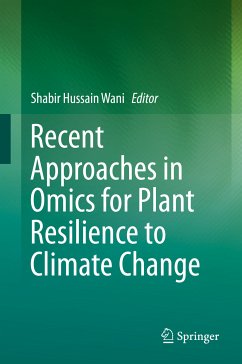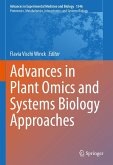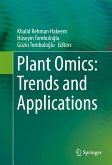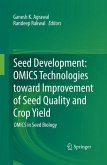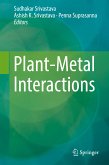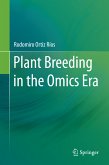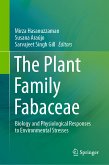This edited volume summarizes the recent advancements made in plant science including molecular biology and genome editing , particularly in the development of novel pathways tolerant to climate change-induced stresses such as drought, extreme temperatures, cold, salinity, flooding, etc. These stresses are liable for decrease in yields in many crop plants at global level. Till date conventional plant breeding approaches have resulted in significant improvement of crop plants for producing higher yields during adverse climatic conditions. However, the pace of improvement through conventional plant breeding needs to be accelerated in keeping with the growing demand of food and increasing human populationl, particularly in developing world. This book serves as a comprehensive reference material for researchers, teachers, and students involved in climate change-related abiotic stress tolerance studies in plants.
Dieser Download kann aus rechtlichen Gründen nur mit Rechnungsadresse in A, B, BG, CY, CZ, D, DK, EW, E, FIN, F, GR, HR, H, IRL, I, LT, L, LR, M, NL, PL, P, R, S, SLO, SK ausgeliefert werden.

